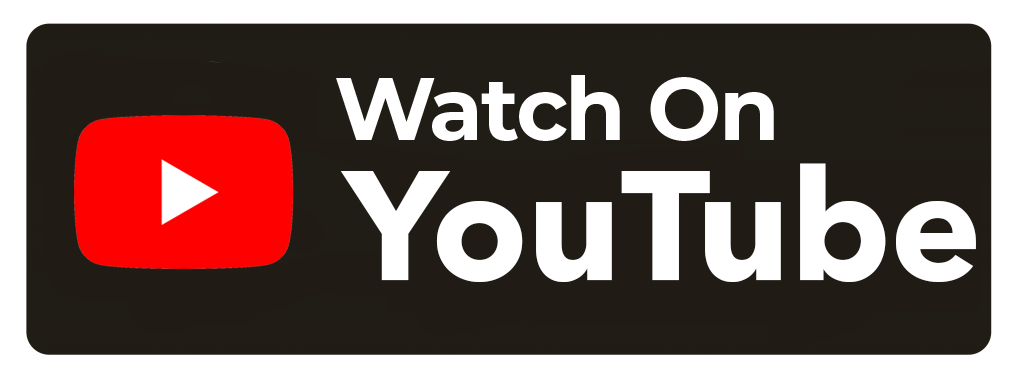Everybody's talking about a new thing called Consumer Law disputing! But what is it?
Well, I'm gonna explain what it is and whether or not to believe the hype!
You might have noticed that “Consumer Law” is a hot topic buzzword in the Credit Repair Community, but there seems to be some confusion about what it actually is, where it comes from, and whether or not it really works.
I'm happy to confirm "Consumer Law" is the real deal. It's a proven dispute method that can be used to remove just about anything from Credit Reports. But guess what? You're probably already using it!
Consumer Law Disputing IS Factual Disputing. It's the very same method with a different name. It just puts greater emphasis on understanding the specific legal codes that we all use in our dispute letters.
In other words, if Factual Disputing is an exercise routine, Consumer Law is a detailed guide to how muscles work. It's valuable information for those that want it, but it's not totally necessary to get the job done.
That being said, since everyone is super excited to talk about Consumer Credit Law, today I'm going to reveal some of the most effective Credit Repair legal codes, and I’m going to show you how you can use them to get the best results!
HOW THIS RELATES TO US?
If the facts are on your side and the law is on your side, you have the tools and leverage you need to succeed at Credit Repair.
The Consumer Law dispute process refers to the use of federal laws, specifically sections of "U.S. Code Title 15 - Chapter 41" in order to fight back against unfair, deceptive, or abusive practices related to credit.
Chapter 41 is a collection of laws that help ensure that consumers have everything from fair and accurate credit reporting to protections against unfair billing practices, abusive debt collectors, and identity thieves.
The five most important laws included in Chapter 41 are:
- The Fair Credit Reporting Act (FCRA)
- The Fair and Accurate Credit Transactions Act (FACTA)
- The Fair Credit Billing Act (FCBA)
- The Equal Credit Opportunity Act (ECOA)
- The Fair Debt Collection Practices Act (FDCPA)
The FCRA is the most comprehensive of all these laws. It regulates the entire credit reporting industry, it gives consumers the right to dispute inaccurate or incomplete information on their credit reports, and it prohibits the credit bureaus from reporting information that is not accurate, timely, or relevant.
FACTA was enacted in 2003 to strengthen the FCRA. It requires that the bureaus take steps to prevent identity theft, and it gives consumers more rights to dispute inaccurate information. It also requires that creditors provide consumers with more information about their accounts and prohibits creditors from using certain information to make decisions.
The most effective legal codes used in Credit Repair disputes are pulled from the FCRA section of Chapter 41, but every law in Chapter 41 is a tool you can use to fight back, boost scores, and CHANGE LIVES!
THE THING TO REMEMBER
If you're using dispute letters, you already use the Consumer Law method, even if you don't realize it. Especially if you’re using Credit Repair Cloud. Most dispute letters cite at least one legal code violation as a reason for the dispute.
If you don't have any dispute letters handy and you want to see some examples, I'll drop a link in the show notes so you can download our Free 5 Dispute Letter Templates that every Credit Hero Needs.
As you look through your dispute letters, you'll see specific legal codes.
These codes are the foundation of the Credit Repair process, and they're the only reason the banks and bureaus listen to people like us.
WHY THIS IS IMPORTANT
If you want to learn every Consumer Credit Law in the book, you can. The FCRA and other Chapter 41 legal codes are easily searchable online; some even offer all of Chapter 41 as a PDF download.
Now, Chapter 41 is over 200 pages, which sounds like a lot, until you consider that every sentence is a right that helps you defend yourself and others from the worst aspects of the credit system.
Even if you exclude the FCRA, Chapter 41 includes the FCBA, which you can use to dispute a billing error on your credit card statement, the ECOA, which you can use to challenge a creditor's decision to deny you credit, and the FDCPA which you can use to stop a debt collector from harassing you.
Now, these are all general examples; you will need to dig deeper to find the specific code related to your unique disputes. But I did promise to reveal some of the most effective Credit Repair legal codes…
WHAT YOU NEED TO KNOW
Section 15 U.S. Code 1681i(a)(5) of the Fair Credit Reporting Act states that if a consumer disputes the accuracy of the information in their credit report, the credit reporting agency must investigate the dispute and, if the information is found to be inaccurate, remove it from the report.
If you remember one thing from this episode, remember this legal code. It gives you the right to dispute any inaccurate, incomplete, or unverifiable items on your credit reports.
Section 15 U.S. Code 1681e(b) of the FCRA requires that consumer reporting agencies use reasonable procedures to assure the maximum possible accuracy of the information in the reports they furnish.
In simpler terms, the Credit Bureaus must take steps to ensure the information they report is accurate. For example, if you show evidence that a late payment was actually paid on time, but the Bureaus continue to include it in your credit report, this is a violation because they didn't take steps to verify the accuracy of the information before reporting it.
1681i(a)(5) and 1681e(b) are two of the most common credit report violations and two of the most important legal codes to include in your dispute letters. But as I said, there are over 200 pages of additional Consumer Credit laws, so there's plenty more to learn.
HERE'S MY FINAL POINT
Calling "Factual Disputing" something other than "Factual Disputing" might sell some books and courses, just know the method remains the same.
If the facts are on your side and the law is on your side, you have the tools and the leverage you need to succeed at Credit Repair. Period.
I'LL END BY SAYING
If you still need a Credit Repair Cloud account, check it out. It's the software that most Credit Repair businesses in America run on. Sign up here for a Free Trial!
And if you'd like to change lives and grow your very own Credit Repair business, check out our Credit Hero Challenge!
07f1.png)
It's an amazing program, and we've got another challenge starting in a few days, so grab your spot right now at CreditHeroChallenge.com!
So take care, Credit Hero!
And Keep Changing Lives!
Be sure to subscribe on your favorite platform below!
 |
-1083c.png) |
-1dd56.png) |
-13371.png) |












